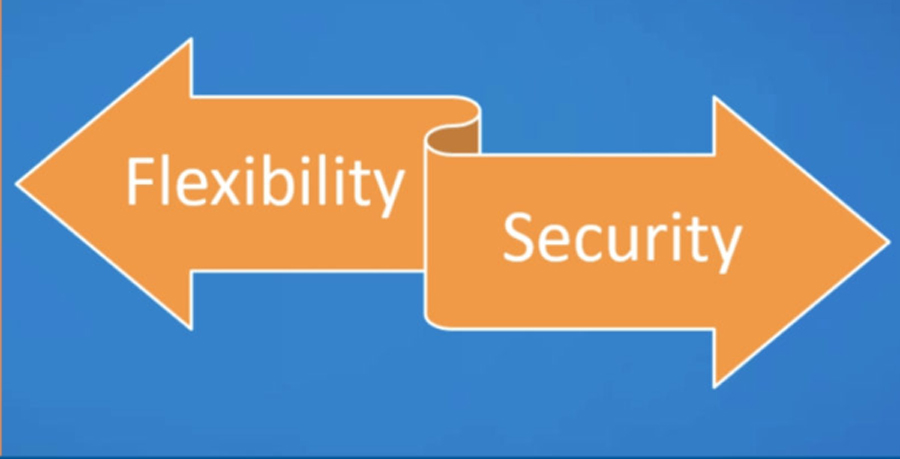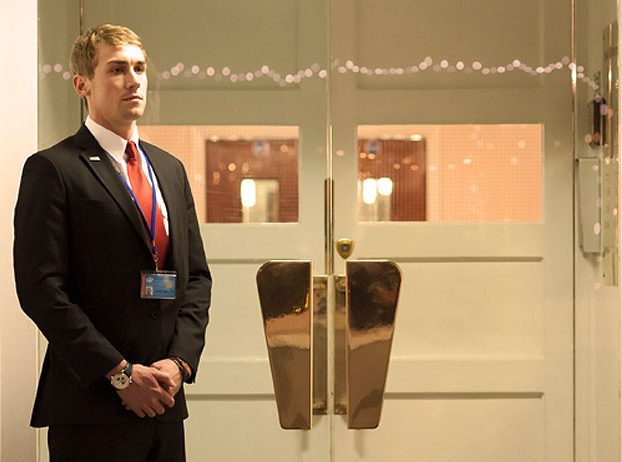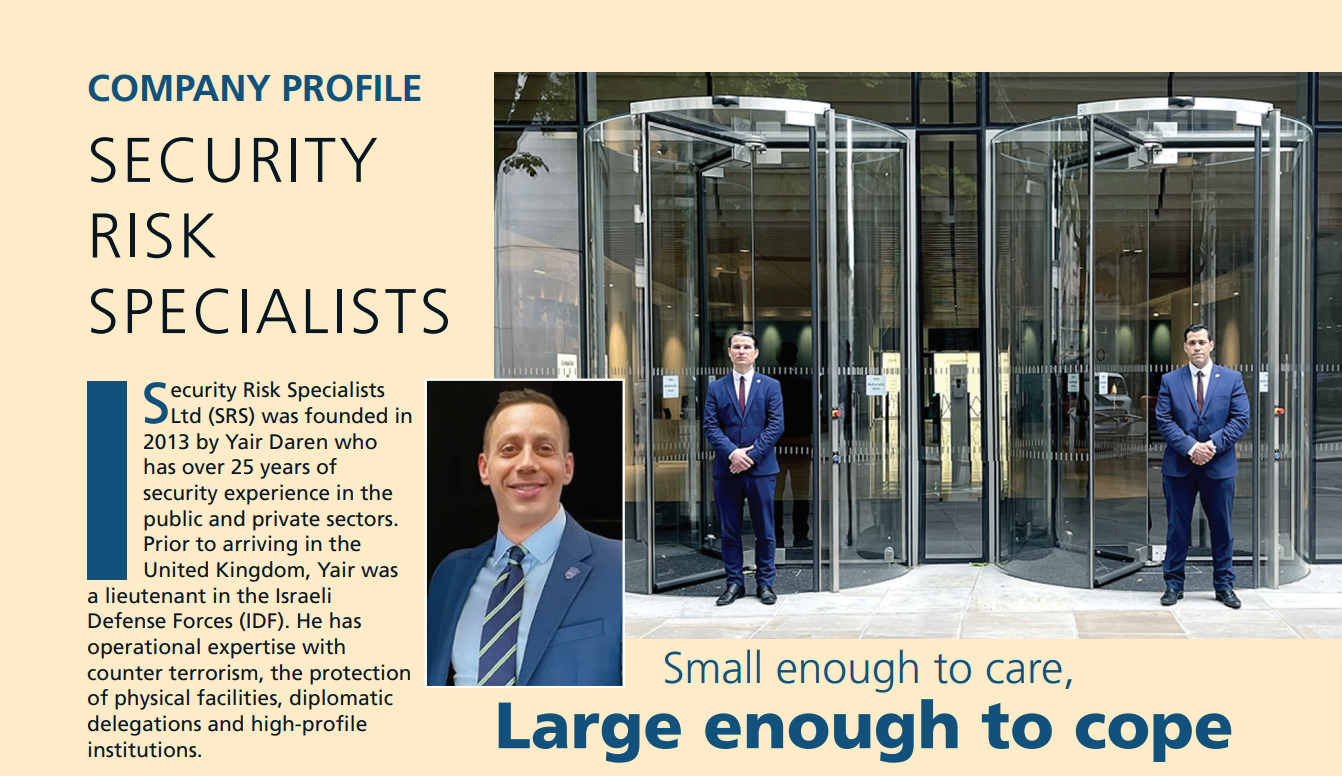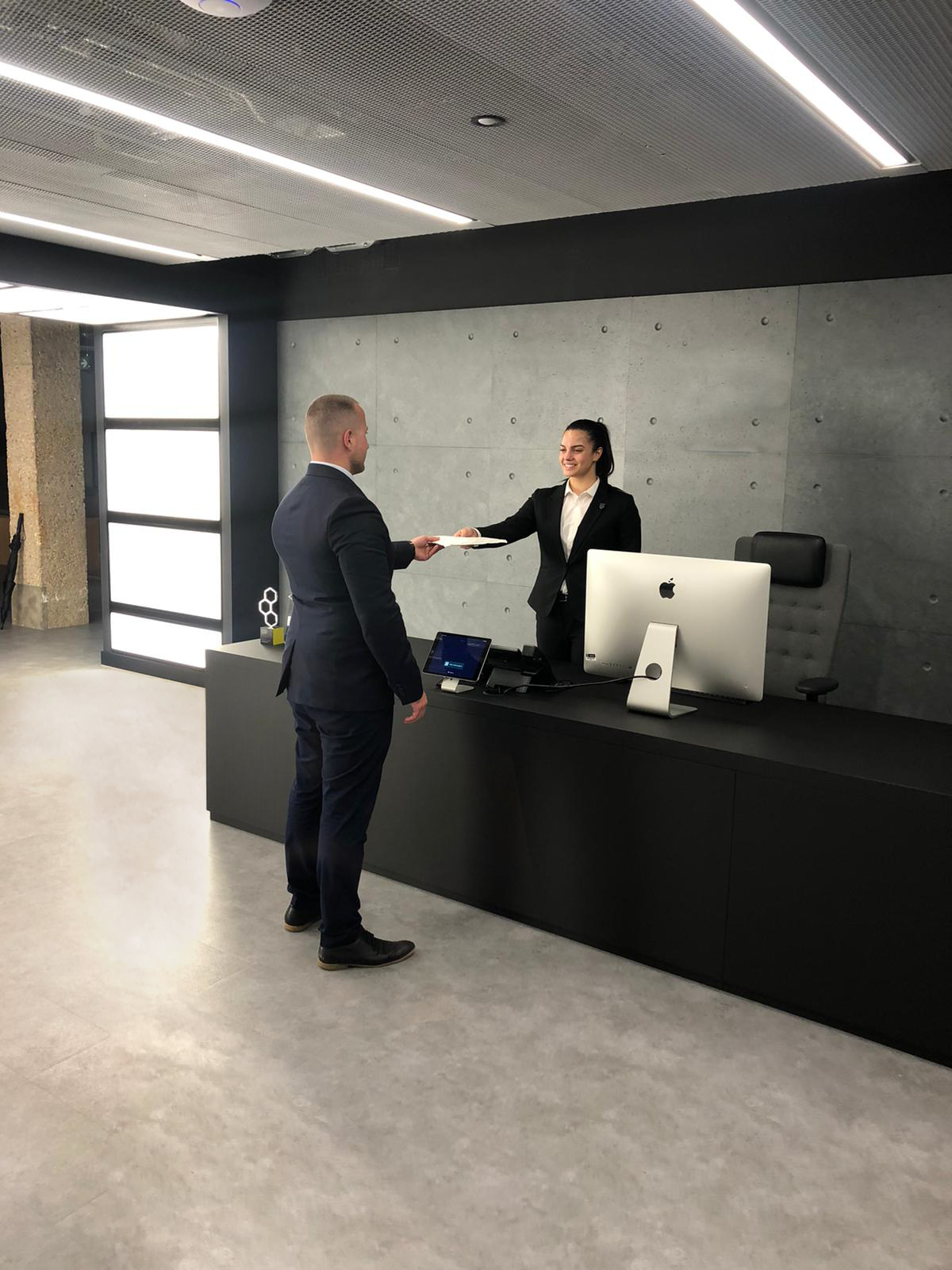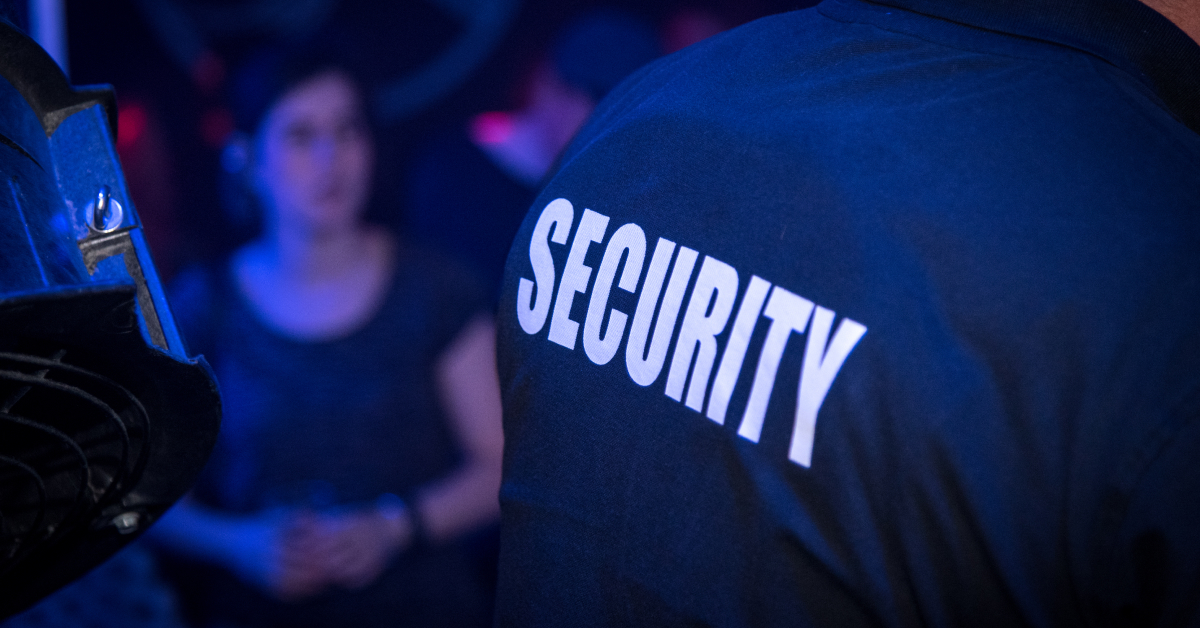We live in a 24/7 society, instant gratification at the end of a swipe, where it is possible, on any given day, to order a meal for delivery in less than 30 minutes, to speak to anyone/anywhere/anytime via not only audio but also video connection, to shop without carrying a wallet, and to sign business documents without picking up a pen.
What is perhaps most extraordinary is that most of us don’t even think about how rapidly society has evolved to make all of this possible, and the possible costs of increased flexibility, both in terms of physical security and economic investment. We have come to expect convenience, and in terms of catering to employees and clients alike, automated systems and convenience are now an embedded part of doing business. But at what cost?
A few statistics provide a glimpse of the potential downsides of flexibility. There is one burglary as often as every 10 seconds, with businesses being four times as likely to be burgled as homes. Homes without a security system are 300% more likely to be burgled. Small businesses lose £25,000 to £33,000 every minute to shoplifters. In the US, the Chamber of Commerce estimates that a typical organization can lose 5% of its annual revenue to employee fraud. In the sphere of cybercrime, a 2019 survey of 6.2 billion electronic files concluded that about 2 in 5 companies will have over 1000 files open for anyone to see at any given time, including files with sensitive health records and financial information.
As we develop ever more convenient and flexible ways to do business and ease the flow of people, information and commerce, businesses and individuals must ask themselves where they wish to sit on the sliding scale between business security and business flexibility.
Depending who you ask, or even how you phrase the questions, you are likely to get vastly different answers. In a survey asking top executives about their preference for more security OR more flexibility if they needed to choose between security for their business and business flexibility, 71 percent of respondents said that security should be equally or more important than their business flexibility. However, from that same survey, when told that a big business deal depended on the person easing or ignoring some of his or her company’s security requirements, 69% said that they would break the security barriers to do the deal.
The following story from Security magazine illustrates well the difficulty businesses face in balancing security and flexibility. A mid-sized corporation moved into an office building with pre-existing entry security systems. The system was reliable and effective, but staff often left key cards at home or on their desks. Trying to get back to their workstation after lunch or after using the restroom, returning staff would ring the doorbell to get back in. Letting staff back in turned proved both a time-waster and rather annoying, so the business began using the intercom system to remotely unlock the doors, but that became disruptive, as well. One of the key issues turned out to be the company’s policy of charging staff to replace lost cards, so that, instead of paying for a new card, staff would either ring in like a customer would, wait for another staff member to let them in, or enter with another arriving employee. As a result, the access control system did not accurately record staff arrivals and departures, and the company didn’t know who was in the building or not. A CCTV surveillance system was enlisted for that purpose, which further wasted time and resources.
The solution the company settled on was to install touchless access control using face recognition, offering alternative identification or two-factor authentication via mobile phone. They showed all staff members evidence of how the security system uses biometrics only for face recognition-based access control, and never runs surveillance. Where the balance between flexibility and security best came into play was that, for those who remained wary of the new system, the users were allowed to use their phones instead to gain access. After two months, 70 percent of employees opted to use face recognition instead of mobile unlock because it was touchless and seamless.
SRS provides security for hotels, security for blocks of flats, security for offices in London, Security and Concierge services in and around London, and in doing so, we balance the pendulum between ultimate security and ultimate flexibility using three key considerations: the nature of the threats of the organisation; the client’s willingness to implement stringent procedures; and the degree of aversion to risk.
Different institutions have different needs, and understanding the nature of the risk to each business is key. In order to understand the needs of the client, SRS offers a comprehensive audit and risk assessment. The aim of such audit and risk assessments is to achieve a security system that’s both flexible and adaptable, and can respond to and mitigate security breaches, but without causing undue inconvenience. For instance, SRS has been advising on the security implementation in several London hotels. Managing hotel security requires a delicate balancing act: visible security presence provides guests with reassurance that both they and their possessions are safe during their stay, but hotel guests equally want to relax and enjoy their stay and not be made to feel nervous or oppressed by the security measures in place. SRS provides a unique mix of Israeli protection with British manners. All SRS guards are therefore trained to react in a professional manner using minimum force on the one hand, while also providing excellent customer services to our clients. On top of the standard SIA Training, additional training is given teaching Israeli Krav Maga and also self-defence techniques.
At the other end of the spectrum, SRS has been providing security for high profile institutions such as the Royal Navy or Government Institutions, for which institutions the emphasis of security over flexibility is evident at every level, from protocols to day to day implementation
In other instances, SRS has been tasked with implanting security procedures and system for multi-let offices in Central London where the risk of tail gating and theft of electronic equipment and vehicles, means we are required to device adequate solution, to balance the security needs of multiple organisation who are occupying the same building. SRS is an expert in blending the use of security guards and concierge personnel, with Electronic Security Systems to achieve optimal results
More recently, SRS have seen an increasing need for security and concierge for residential block of flats in London with increasing demand in Central London. While high profile institutions must prioritise their security needs, due to both liability and cost parameters, and this often means placing security needs higher than their need to provide flexibility to their staff and members, residential blocks of flats require a much more flexible approach. SRS can offer an extremely helpful and friendly service, ranging from welcoming visitors, managing post and deliveries and monitoring CCTV. Providing security and concierge service for blocks of flats in London may also involve policing noise disturbances, even managing mechanical and electrical faults 24/7/365.
SRS prides itself in carefully understanding our clients’ needs, and implementing a solution that provides maximum security with minimum disruption.

